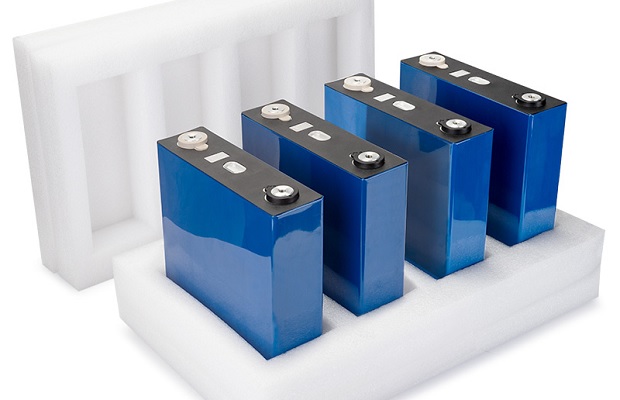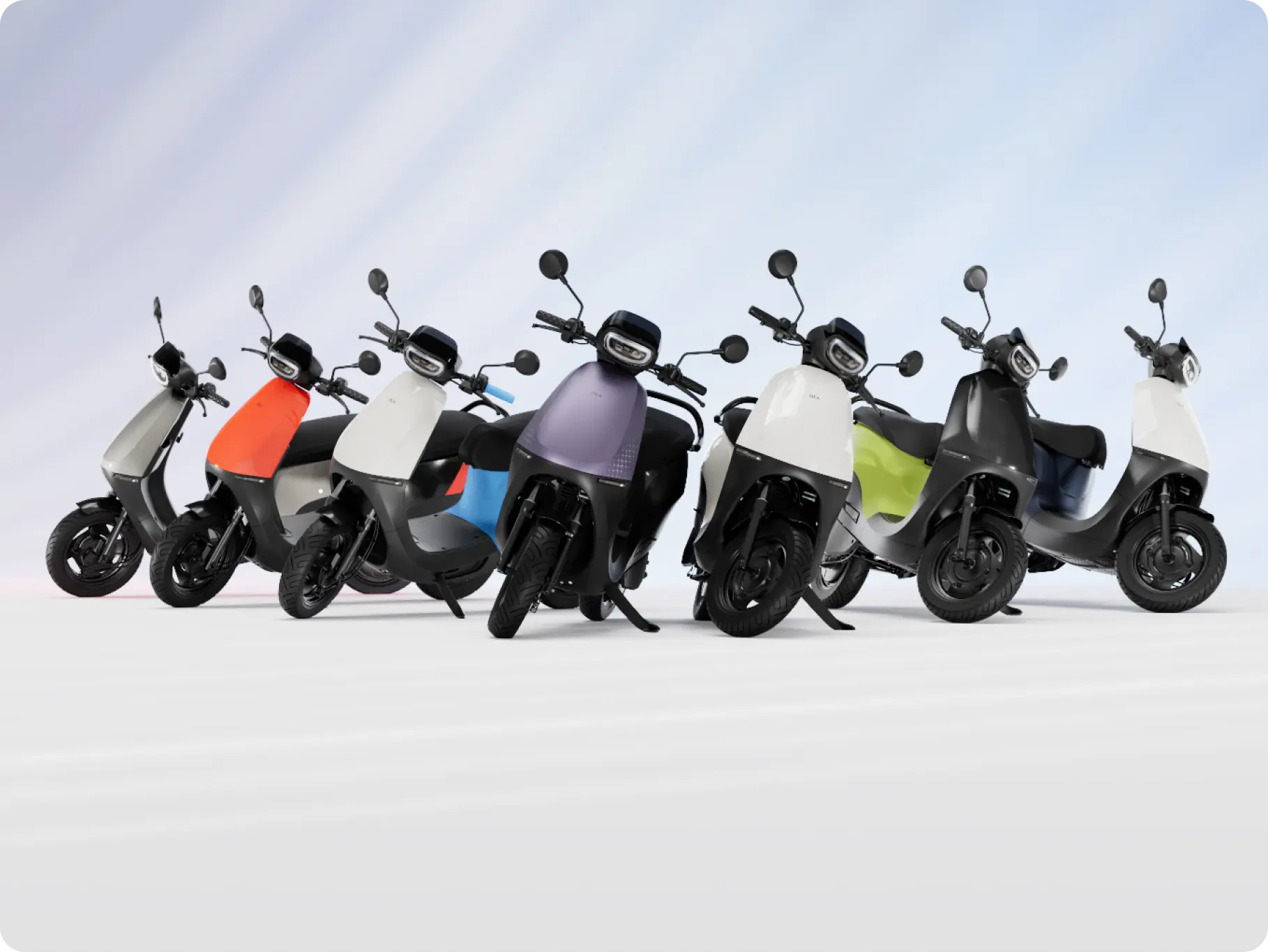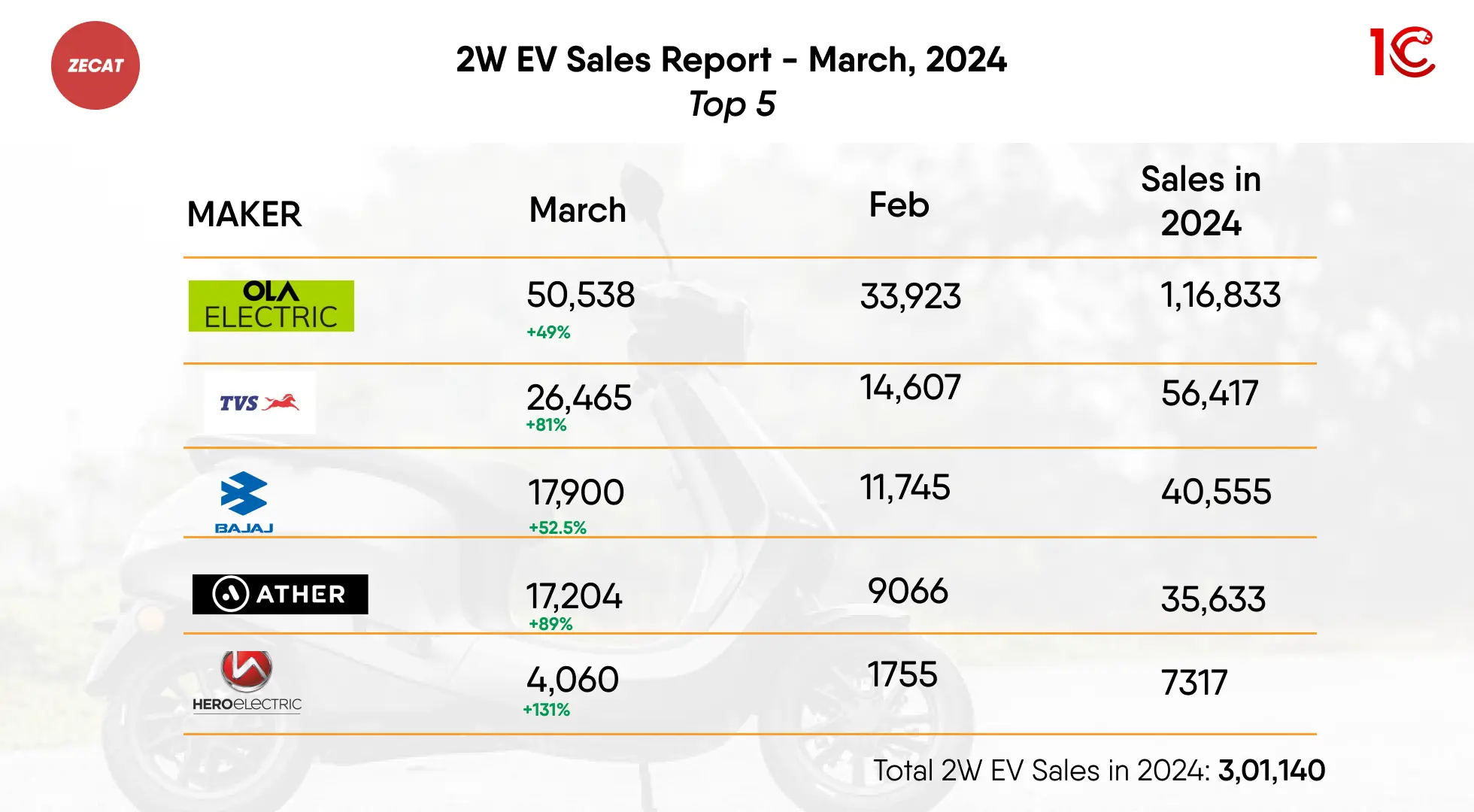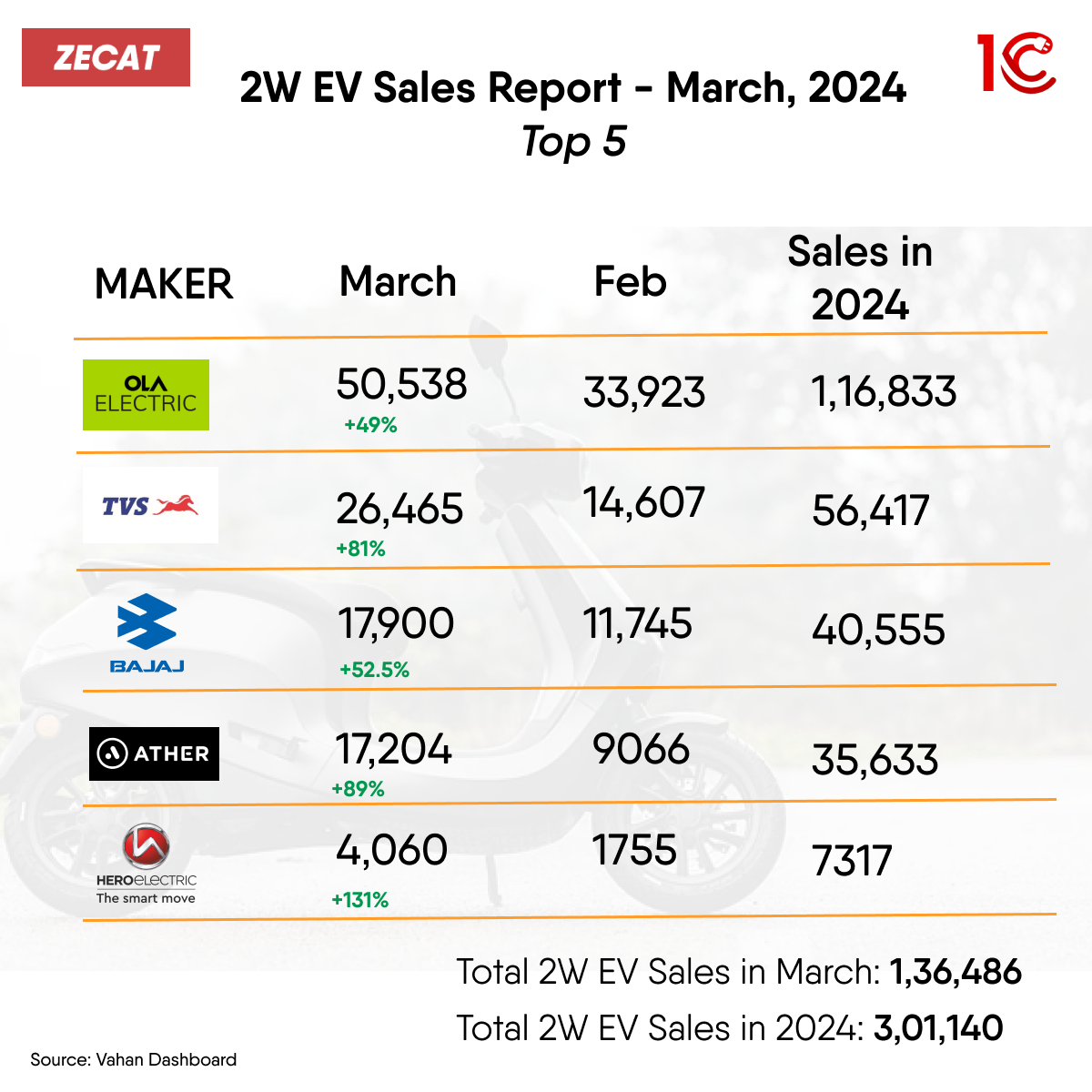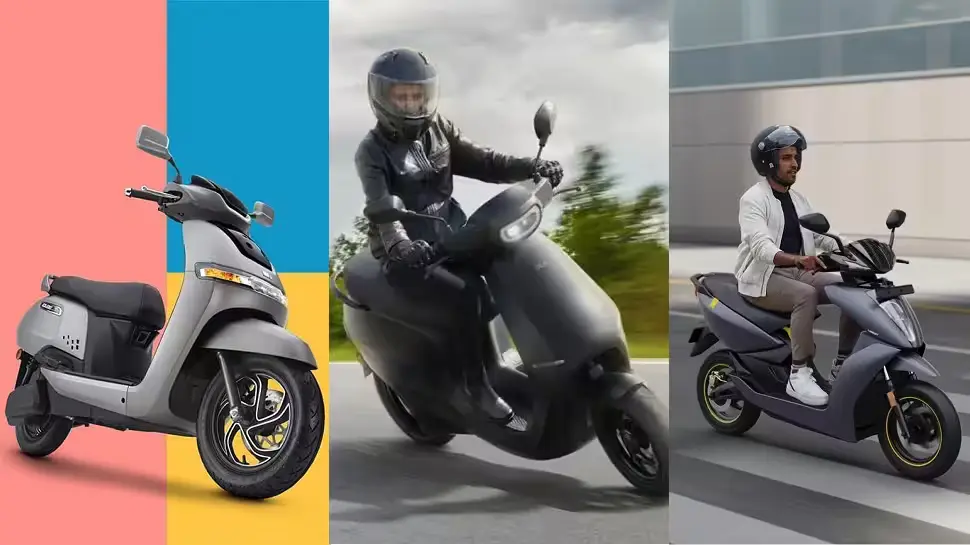
11 EV Manufacturers that are Eligible for Govt. EMAP Subsidy

H. Karan Kumar
The Indian government’s commitment to a greener future is evident in its push for electric vehicles (EVs). A crucial part of this strategy is the recently introduced Electric Mobility Promotion Scheme (EMPS) 2024, which aims to incentivize EV sales and build upon the success of the previous Faster Adoption and Manufacturing of Electric Vehicles (FAME) scheme.
This article explores the details of EMPS 2024, including the manufacturers eligible for subsidies and the government’s rationale behind the scheme’s structure.

Key Highlights of EMPS 2024
- Successor to FAME-II: EMPS 2024 replaces FAME-II, which concluded in March 2024 after a successful five-year run.
- Focus on E2Ws and E3Ws: The new scheme prioritizes electric two-wheelers (e2Ws) and electric three-wheelers (e3Ws) by offering financial incentives to both categories.
- Reduced Subsidy Cap: EMPS 2024 has a lower subsidy cap than FAME-II. The limit for e2Ws is now Rs 10,000 per vehicle, down from Rs 22,500, and for e3Ws, it’s Rs 50,000, reduced from Rs 111,505. Both categories will receive an additional Rs 5,000 per kilowatt-hour (kWh).
- Streamlined Approval Process: The government has simplified the application and approval process for EMPS 2024, ensuring a quicker turnaround for manufacturers.
- Focus on Long-Term Sustainability: The reduced subsidy cap reflects the government’s intention to prepare the EV industry for a future without subsidies, promoting long-term sustainability.
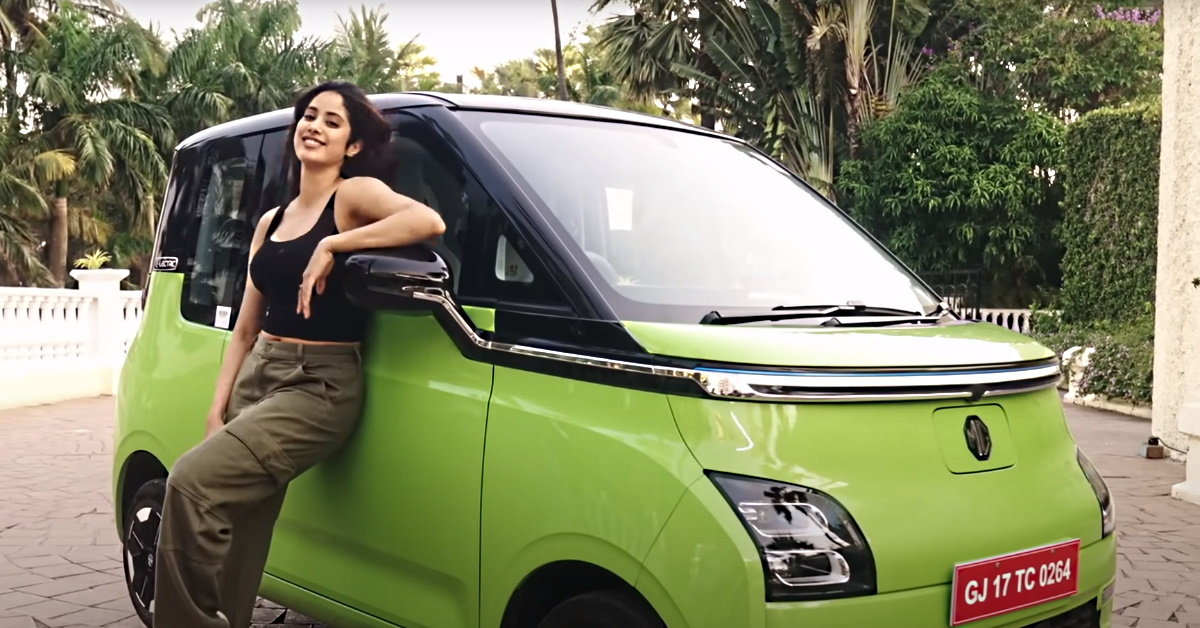
Why the Shift from FAME-II?
While FAME-II successfully boosted EV adoption in India, EMPS 2024 ushers in a new phase with a revised approach. Here’s a closer look at the government’s reasoning behind the changes:
- Managing Demand: The significant surge in EV sales witnessed in recent years necessitated adjustments to the subsidy structure. The reduced cap aims to manage this rising demand effectively.
- Industry Maturation: As the EV industry matures, the government intends to gradually decrease reliance on subsidies, allowing manufacturers to become self-sufficient.
- Focus on Specific Segments: EMPS 2024 prioritizes e2Ws and e3Ws, which are considered crucial for last-mile connectivity and short-distance travel, making them more affordable for consumers.

EV Manufacturers Approved for EMPS 2024
The following eleven EV manufacturers have received approval under EMPS 2024:
- Ather Energy
- Bajaj Auto
- BGauss Auto
- Ola Electric
- TVS Motor
- Quantum Energy
- Hero MotoCorp
- Hop Electric
- Kinetic Green
- TI Clean Mobility
- Mahindra
Looking Ahead: The Road to Electric Mobility
The Indian government’s EV initiatives, including EMPS 2024, are instrumental in shaping a more sustainable future. By incentivizing e2Ws and e3Ws, the scheme addresses a crucial segment of the transportation sector. While the reduced subsidy cap indicates a move towards a subsidy-independent EV industry, the government’s continued support through streamlined processes and targeted incentives paves the way for long-term growth.
This shift necessitates ongoing innovation from EV manufacturers to maintain affordability and enhance product competitiveness. As government and industry stakeholders work together, India is well-positioned to achieve its electric mobility goals.
In Conclusion
The EMPS 2024 marks a significant step towards India’s electric mobility ambitions. By strategically allocating subsidies and streamlining processes, the scheme empowers EV manufacturers and fosters consumer adoption of e2Ws and e3Ws. This collaborative effort between the government and the EV industry will be vital to achieving a cleaner and more sustainable transportation ecosystem for India.


